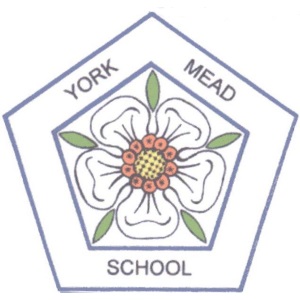Our Geography curriculum is designed to raise curiosity and fascination about the world, equipping our children with knowledge about diverse places, people, resources and natural and human environments, together with an understanding of the Earth’s main physical and human processes. Children are encouraged to deepen their understanding of the interaction between these processes to better understand the formation of landscapes and environments. Additionally, children learn to make sense of their own local area while gaining an appreciation of life in other cultures through their growing knowledge and understanding of human geography. Through the careful sequencing of topics over time, children are equipped with geographical knowledge and understanding that enables them to explain how the Earth’s features are interconnected and how these features change over time. Furthermore, this sequencing allows children to make more meaningful comparisons of different locations around the world.
The History curriculum is designed to ensure pupils acquire a coherent knowledge and understanding of the stories of Britain and that of the wider world. Our children learn to ask questions, think critically, develop oracy, evaluate evidence and understand different perspectives to create their own judgement about past events. Additionally, they will be able to recall, select and organise historical information by developing a sense of sequence and chronology whilst using historical terminology accurately. All children are encouraged to identify reasons for the different ways in which the past is represented and interpreted, alongside developing their knowledge of significant aspects of the history of the wider world. This will support their understanding of the present and enable them to make sense of the future as they build on the foundations of knowledge which they have acquired. In studying History, children use the key concepts of continuity and change, cause and consequence, similarity, difference and significance in order to make connections and ask historically valid questions; therefore, developing the ability to create their own written narratives and analyses of the knowledge they have acquired.
In Key Stage One, the areas studied provide children with a solid foundation on which to build upon in Key Stage Two, covering the statutory requirements of the National Curriculum and developing their understanding of key concepts to ensure they are properly prepared to access the ‘Opening Worlds’ (https://openingworlds.uk/) humanities programme of study in Key Stage Two. The Opening Worlds programme covers a range of cultural, historical and ethical backgrounds and offers purposeful and meaningful experiences for our children to apply, share and develop their knowledge.
This approach to our humanities curriculum has a coherent, chronological and rigorous structure that ensures that links are not only made across individual subjects but also between them over time. This means that knowledge is gradually and successfully built upon and our children will make explicit links using their previous knowledge, which is consistently retrieved and revisited to improve remembering.
Opening Worlds lessons provide the structure for children to develop their vocabulary and communicate their understanding fully through a range of comprehensive and engaging reading texts which form the basis of each lesson. Children are continually developing their speaking and listening skills through the richly diverse vocabulary and the fascinating stories that underpin each lesson. Throughout the lessons, purposeful, high leverage activities, often including opportunities for writing, ensure core knowledge is learnt and remembered.
Through our humanities curriculum, our children will be well prepared for their secondary education. Furthermore, they leave us with the skills and knowledge necessary to become global citizens, explorers, enquirers, and environmentalists; they will have developed a sense of responsibility towards the environment and an understanding of the impact humans have on the world and each other over time.
Humanities_curriculum_overview

